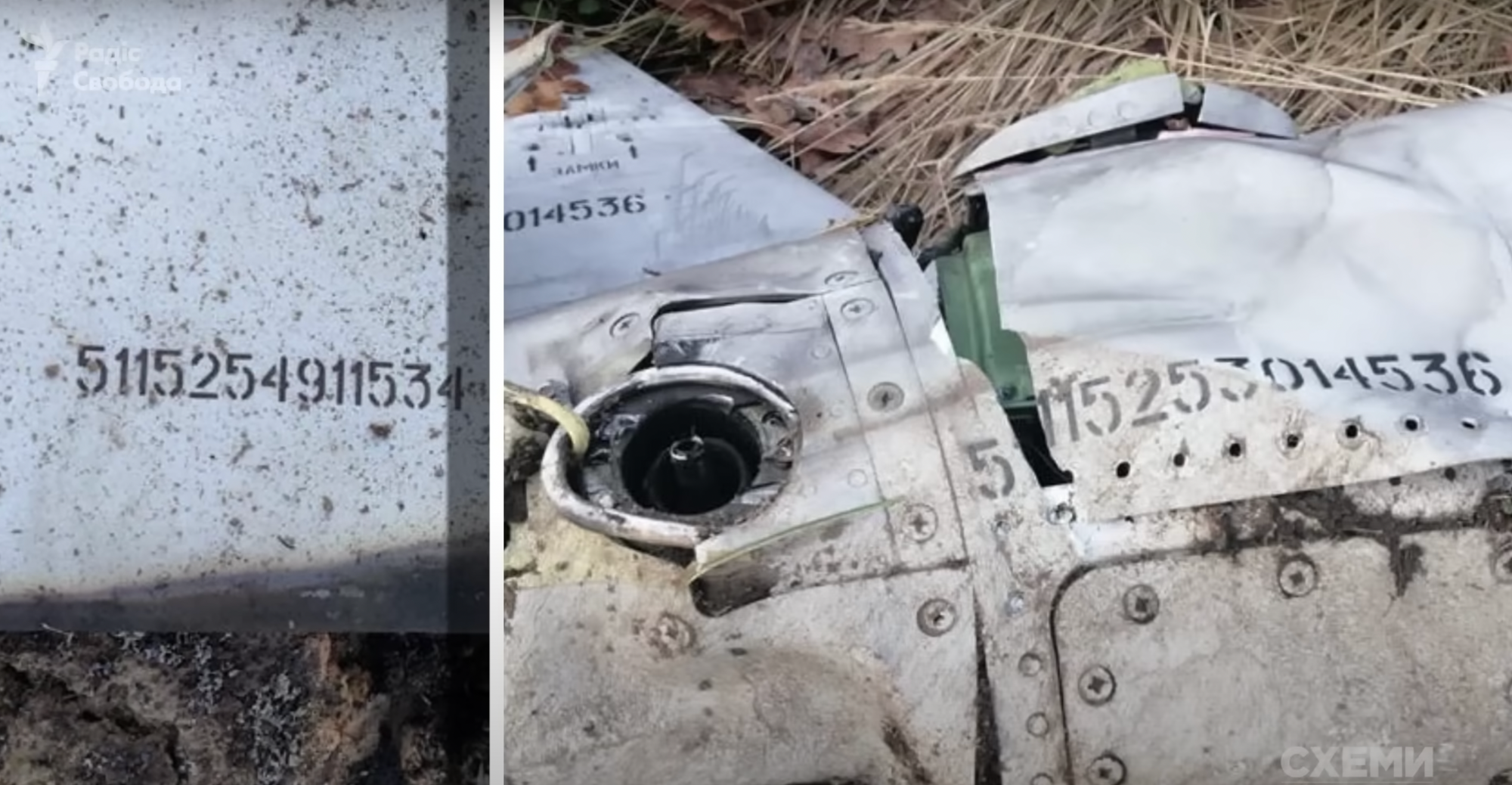UK unveils sanctions targeting Russia's access to foreign military supplies.
The U.K. Foreign Office announced[1] a new sanctions package on Aug.
8 against individuals and companies outside Russia in an effort to curb Moscow's ability to obtain foreign military equipment. The new sanctions target two Turkish businesses, Turkik Union and Azu International, for their role in exporting microelectronics components to Russia that are used for military purposes in Ukraine.
The list further includes Aeromotus Unmanned Aerial Vehicles Trading LLC, a company based in the United Arab Emirates, for its role in supplying drones and drone components to Russia. The UK has also sanctioned 22 individuals for facilitating foreign military supplies for Moscow. This includes a Slovak national Ashot Mkrtychev for his involvement in an attempted arms deal between North Korea and Russia, and a Swiss national Anselm Oskar Schkmucki for his role in Russia's financial services sector, including through working as Chief of the Moscow office of DuLac Capital Ltd.
London's new sanctions further include Iranian individuals and entities involved in the research, development, and production of drones that are supplied to Russia, and Belarusian defense organizations linked to the manufacturing of military technology for the Belarusian military. The U.K. is also sanctioning three Russian electronics companies for their role in procuring U.K.-sanctioned Western microelectronics. As the U.K.
Foreign Office noted, this is the largest U.K. action against Russia's military suppliers in third countries. "Today's landmark sanctions will further diminish Russia's arsenal and close the net on supply chains propping up Putin's now struggling defense industry," said Foreign Secretary James Cleverly. "Alongside our G7 partners, the UK has repeatedly called on third parties to immediately cease providing material support to Russia's aggression or face severe costs."
Despite Western sanctions to curb Russia's ability to produce weaponry such as missiles or drones, Moscow has been reportedly circumventing them by procuring these components from third countries, such as Kyrgyzstan[2], Iran[3], or China[4]. According to the Yermak-McFaul Expert Group on Russian Sanctions, up to 81% of components found[5] in Russian missiles originate in the U.S., followed by Switzerland (8%), Germany (3.5%), and Japan (3.5%). Kyiv's allies including the U.S., the EU, and the U.K. previously vowed[6] to crack down on the circumvention.
The EU's 11th sanctions package was primarily[7] aimed against Russia's ability to avoid Western sanctions.
Investigative Stories from Ukraine: Russia hits Ukraine with missiles that once belonged to Ukraine Welcome to Investigative Stories from Ukraine, the Kyiv Independent's newsletter that walks you through the most prominent investigations of the past week. If you are fond of in-depth journalism that exposes war crimes, corruption and abuse of power across state organizations in Ukraine and beyond,...
 [8]
[8]  Martin Fornusek
Martin Fornusek
News Editor
Martin Fornusek is a news editor at the Kyiv Independent.
He has previously worked as a news content editor at the media company Newsmatics and is a contributor to Euromaidan Press. He also volunteers as an editor and translator at the Czech-language version of Ukrainer. Martin studied at Masaryk University in Brno, Czechia, holding a bachelor's degree in security studies and history and a master's degree in conflict and democracy studies.
References
- ^ announced (www.gov.uk)
- ^ Kyrgyzstan (kyivindependent.com)
- ^ Iran (kyivindependent.com)
- ^ China (kyivindependent.com)
- ^ found (kyivindependent.com)
- ^ vowed (kyivindependent.com)
- ^ primarily (kyivindependent.com)
- ^ Investigative Stories from Ukraine: Russia hits Ukraine with missiles that once belonged to UkraineWelcome to Investigative Stories from Ukraine, the Kyiv Independent's newsletter that walks you through the most prominent investigations of the past week.
If you are fond of in-depth journalism that exposes war crimes, corruption and abuse of power across state organizations in Ukraine and beyond,...
(kyivindependent.com)